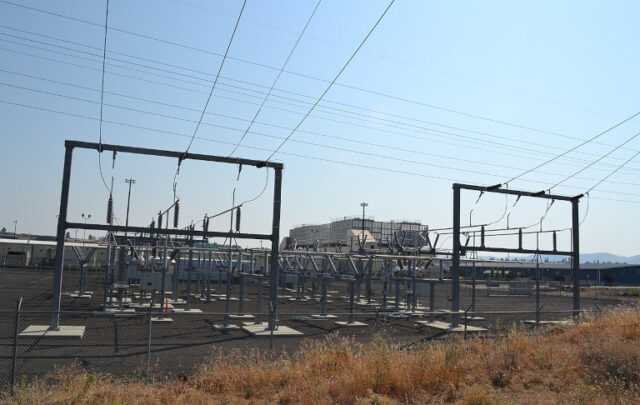NOTE: Images in this archived article have been removed.

Vladimir Putin image via Frederic Legrand / Shutterstock.com
The New York Times reports that “The United States and Europe kicked off a joint effort on Tuesday intended to curb Russia’s long-term ability to develop new oil resources.” The new sanctions would deny Russia access to western technology needed to access polar oil and deepwater oil, as well as tight oil produced by hydrofracturing and horizontal drilling.
It’s good to know that a lot of Russian oil is likely to stay in the ground rather than being burned in Russian, Chinese, and European car and truck engines, adding to global climate change. But that’s not really the intent of the sanctions; evidently the purpose is merely to punish Vladimir Putin for resisting Western attempts to surround his nation with NATO bases and missiles. For some reason intelligible only to neoconservatives, nuclear-armed Washington seems intent on provoking a major confrontation with nuclear-armed Russia. As justification, we Americans are told in no uncertain terms that Russia was behind the downing of Malaysian Airlines flight 17—despite a remarkable lack of actual evidence to that effect (
as veteran journalist Robert Parry points out here).
The foreign policy wonks at the State Department may not understand that
Russian oil production has just hit a post-USSR peak and will be declining anyway. The effect of the sanctions will be to speed the Russian decline, forcing up world oil prices as soon as US tight oil maxes out and goes into its inevitable nosedive in the 2017-2020 time frame. Russia, which will still be an oil exporter then, will benefit from higher oil prices (perhaps nearly enough to compensate for the loss of production resulting from the sanctions). But the US, which will still be one of the world’s top oil importers, will face a re-run of the 2008 oil shock that contributed to its financial crash.
No doubt State Department policy experts sincerely believe the recent hype about America as a new energy superpower capable of supplying Europe with oil and natural gas to replace Russia’s exports. Maybe the Europeans are foolish enough to have fallen for this delusion as well. But these will prove to be ruinous
high-stakes bets. One can only hope that all the players will stir from these hallucinations before the game turns really ugly.

























